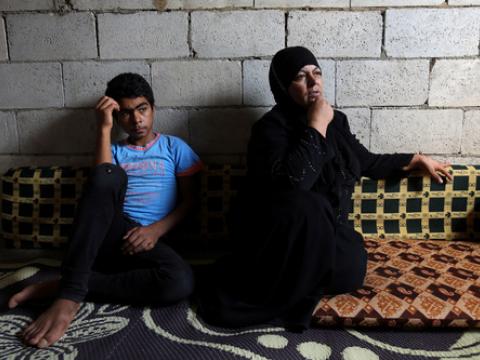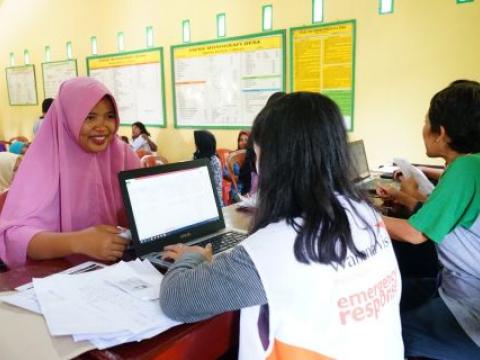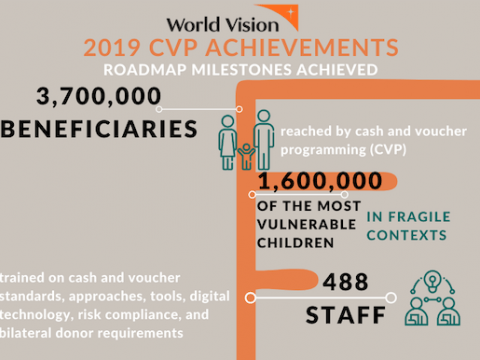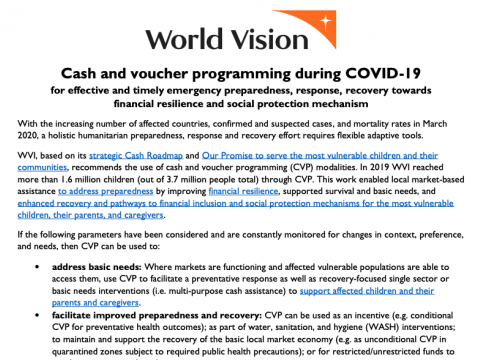Improving the customer service experience for cash and voucher programming for children and communities
Download
A customer care hotline
You’re entitled to receive a service. You don’t. You call the customer care hotline you were helpfully provided with. How are you feeling at this stage? Angry? Let down? Frustrated? You’ve called the hotline, and you’re put on hold. You finally reach a human and explain your issue. They appear to listen to you, assure you that your case will be followed up, action will be taken.
And then…nothing …weeks, months later, still no response, no indication what has happened to your complaint and you have given up waiting…
Now imagine that the service you have not received is your lifeline. Like it has been for 8-year-old Wahid, who fled the war in Syria with his mother and five siblings. For more than six years, they have been living in a semi-finished building. He and his mother suffer from asthma and other respiratory issues, which they cannot afford to buy medicine or access health care. World Vision distributes multipurpose cash transfers to Wahid’s family and others, meaning they are able to prioritise their critical and ongoing supply of medicine. It is cash transfers like this, which enable them to decide which priority needs they will meet, that mean Wahid’s family can get through each day.
Imagine this is the service you cannot access, when your children are sick. And you are being told to wait. You do not know why, nor does it appear anyone knows enough to inform you about other steps you could take.
This is not good enough. World Vision believes there is a better way. And we are working with decision makers, in the Grand Bargain Cash and Participation Revolution, to make change happen. We want to promote a culture of transparency, accountability and learning so that no one has to experience this despair and frustration.


